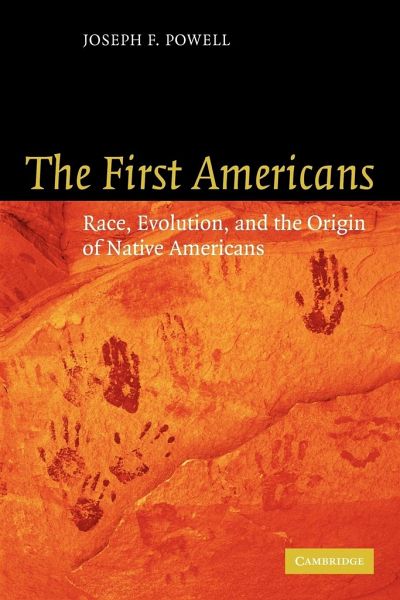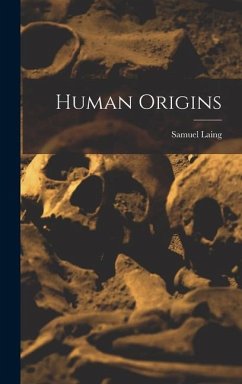
The First Americans
Race, Evolution, and the Origin of Native Americans
Versandkostenfrei!
Versandfertig in 1-2 Wochen
47,99 €
inkl. MwSt.

PAYBACK Punkte
24 °P sammeln!
Who were the first Americans? What is their relationship to living native peoples in the Americas? What do their remains tell us of the current concepts of racial variation, and short-term evolutionary change and adaptation. The recent discoveries in the Americas of the 9000-12000 year old skeletons such as 'Kennewick Man' in Washington State, 'Luzia' in Brazil and 'Prince of Wales Island Man' in Alaska have begun to challenge our understanding of who first entered the Americas at the end of the last Ice Age. New archaeological and geological research is beginning to change the hypothesis of l...
Who were the first Americans? What is their relationship to living native peoples in the Americas? What do their remains tell us of the current concepts of racial variation, and short-term evolutionary change and adaptation. The recent discoveries in the Americas of the 9000-12000 year old skeletons such as 'Kennewick Man' in Washington State, 'Luzia' in Brazil and 'Prince of Wales Island Man' in Alaska have begun to challenge our understanding of who first entered the Americas at the end of the last Ice Age. New archaeological and geological research is beginning to change the hypothesis of land bridge crossings and the extinction of ancient animals. The First Americans explores these questions by using racial classifications and microevolutionary techniques to better understand who colonized the Americas and how. It will be required reading for all those interested in anthropology, and the history and archaeology of the earliest Americans.














